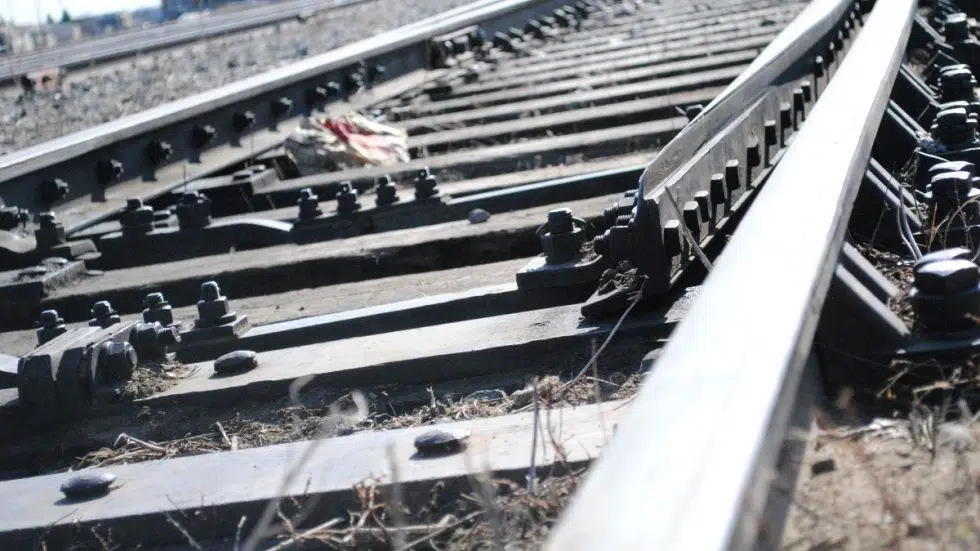
Short-hauler doesn’t carry dangerous goods on PA rails
The head of the company that operates short-line Carlton Trail Railway said Tuesday that its trains do not ship dangerous goods.
“We’re mostly handling grain for Viterra. We do have some storage cars that could be empty dangerous cars. Because we have a large storage business at Carlton Trail Railroad. Right now, I think we got about a thousand cars in storage,” president and chief operating officer of Omnitrax, Darcy Brade, said.
He said Carlton Trail handles the empty liquid petroleum gas and diesel cars for customers such as Shell.
The railway does not handle cars full of the fuel.


